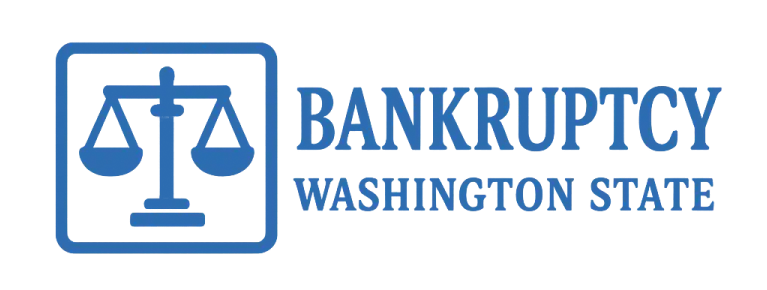How Chapter 7 Bankruptcy in Washington State Works
Summary
- Chapter 7 bankruptcy in Washington State offers a fresh start by discharging debts, including unsecured ones like medical bills and credit cards.
- Eligibility is determined through a means test based on median income, household size, and disposable income.
- Bankruptcy exemptions such as homestead protect essential property, ensuring most filers retain their homes and possessions.
- An automatic stay halts creditor actions, providing immediate relief from garnishment, repossession, or foreclosure.
- A trustee oversees the process, ensuring fairness and compliance with bankruptcy laws.
Chapter 7 bankruptcy in Washington State can help people who are under a lot of money stress. It is not about giving up or failing. Instead, it gives you, your family, or anyone in this situation, a chance to have a fresh start. This type of bankruptcy removes things like unpaid medical bills or credit card debt. When you use Chapter 7, there is a way to be free from some large debts and get some relief. Knowing how it works in washington and what to expect from this type of bankruptcy can help stop worries about filing. This will let you get back in control of your money. Here’s a closer look at how Chapter 7 works for people in Washington State.
Chapter 7 bankruptcy in Washington State can help people who are under a lot of money stress. It is not about giving up or failing. Instead, it gives you, your family, or anyone in this situation, a chance to have a fresh start. This type of bankruptcy removes things like unpaid medical bills or credit card debt. When you use Chapter 7, there is a way to be free from some large debts and get some relief. Knowing how it works in Washington and what to expect from this type of bankruptcy can help stop worries about filing. This will let you get back in control of your money. Here’s a closer look at how Chapter 7 works for people in Washington State.
Understanding Chapter 7 Bankruptcy in Washington State
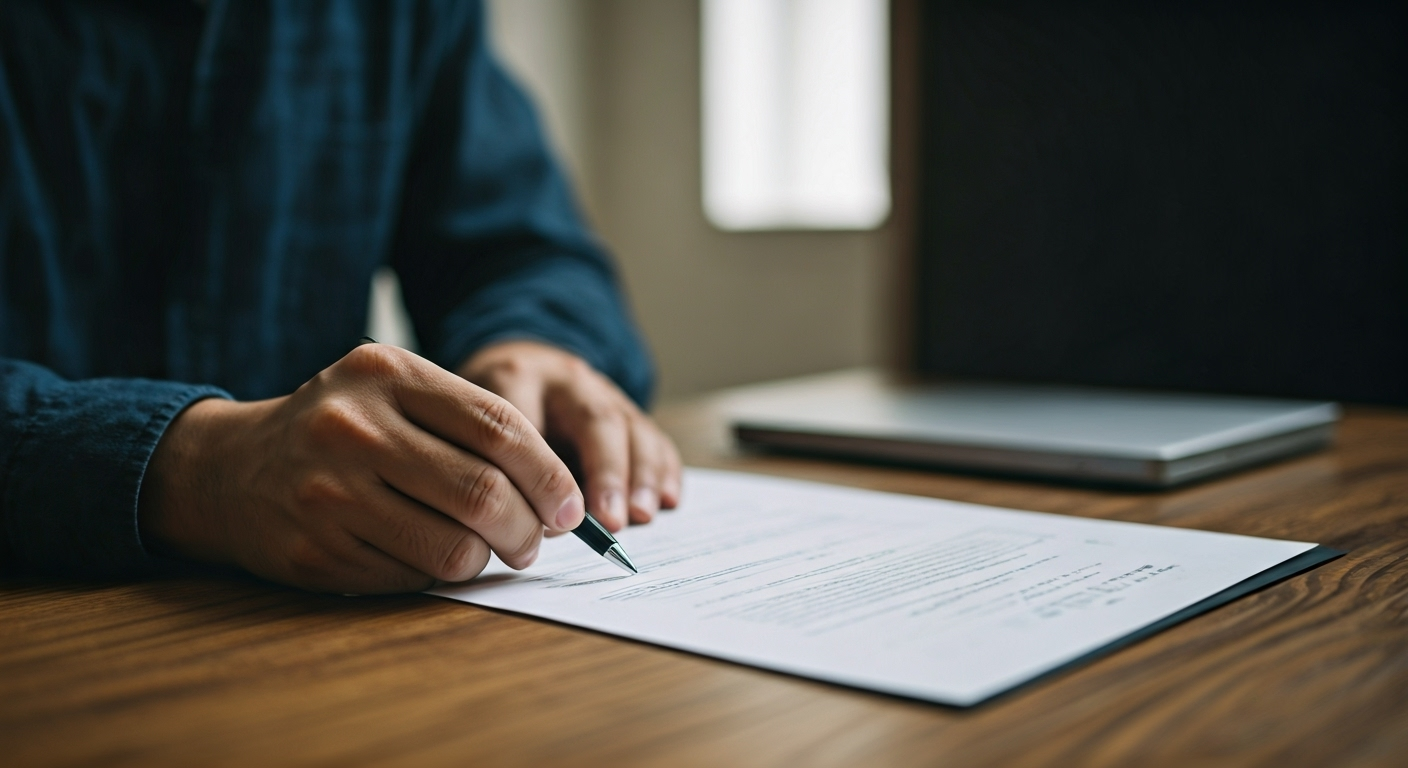 Chapter 7 bankruptcy in Washington State is a simple type of bankruptcy. The process is often fast and helps take away heavy debt. Many people in Washington pick this because it can discharge unsecured debts. That means you can have a fresh start. It does not use a repayment plan like some other forms of bankruptcy.
Chapter 7 bankruptcy in Washington State is a simple type of bankruptcy. The process is often fast and helps take away heavy debt. Many people in Washington pick this because it can discharge unsecured debts. That means you can have a fresh start. It does not use a repayment plan like some other forms of bankruptcy.
This process is run by federal law, but Washington State has its own rules about which property you can keep. These property rules can help you protect your basic items. Chapter 7 is a good choice if you have a lot of debt and not much income. Keep reading to learn why this type of bankruptcy in Washington is special and helpful.
What Is Chapter 7 Bankruptcy?
Chapter 7 bankruptcy lets people clear out unsecured debts, like medical bills and what you owe on credit cards. This happens through the court. With this “liquidation” bankruptcy, you can get a discharge. That means the court erases your duty to pay certain debts. At the same time, you get legal protection from creditors.
When you file for Chapter 7, the court picks a trustee to look over your case. This trustee checks what you own against the exemption rules. The trustee decides if you have any property that must be sold to pay creditors. But important things, like your home, are usually safe to keep because of these exemption laws.
A big help with Chapter 7 is that it works quickly. Most of the time, it only takes a few months from start to finish. This brings you relief fast. Still, you must know that not every debt can get a discharge. Also, the trustee plays a key part in making sure your case is handled the right way. With Chapter 7, you get the chance to have a better start, free from old money problems.
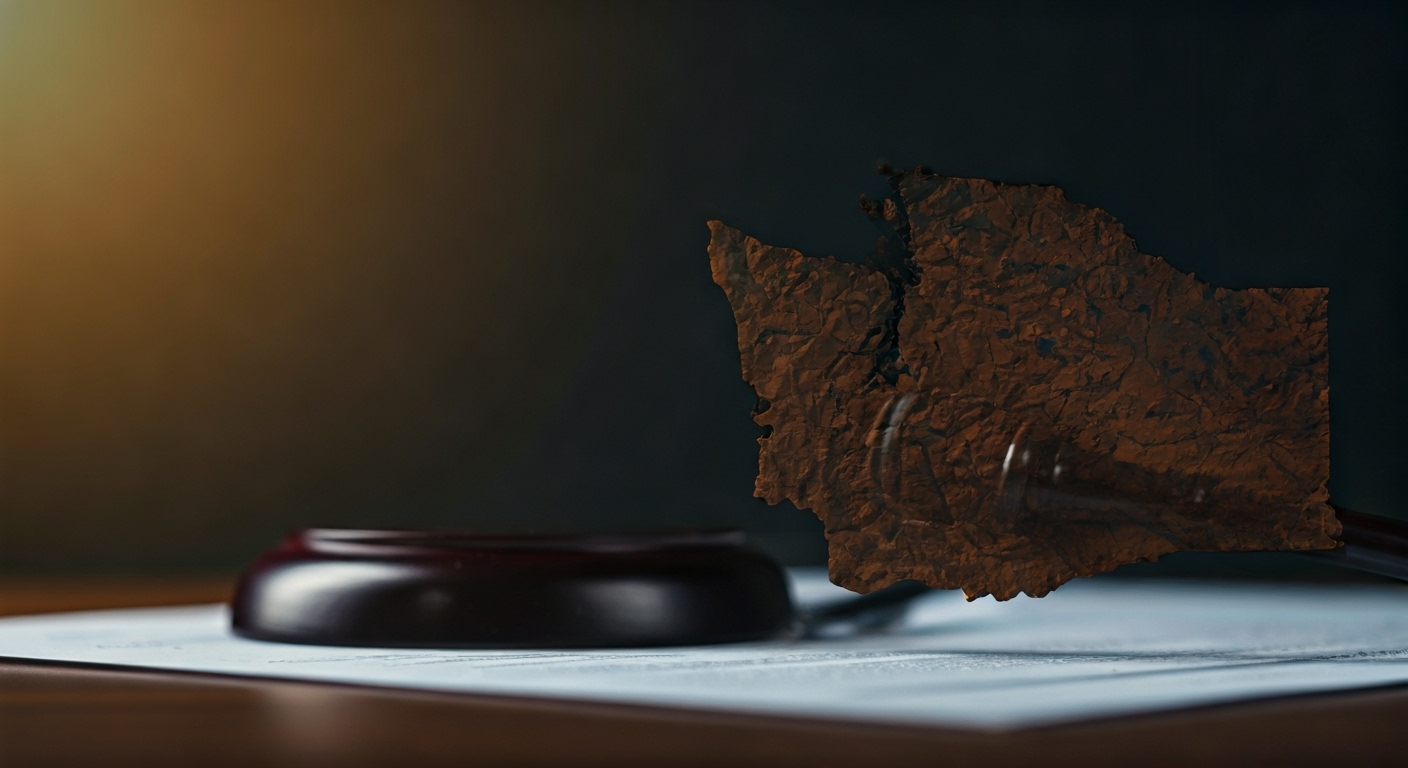
Key Differences Between Chapter 7 and Chapter 13
While both Chapter 7 and Chapter 13 bankruptcy give people debt relief, they are not the same. Each one has its own steps and rules. This helps people pick the right chapter that fits what they need.
| Aspect | Chapter 7 Bankruptcy | Chapter 13 Bankruptcy |
|---|---|---|
| Discharge of Debts | Most debts with no security are fully wiped out | You will make payments over three to five years |
| Asset Preservation | Non-exempt things you own may be sold | You get to keep all of your property |
| Payment Plans | A payment plan is not asked for | You must pay money under a court-approved payment plan |
| Eligibility Criteria | A means test is used to see if you qualify | You need regular and steady disposable income |
| Best Suited For | Great for those wanting fast debt relief | Better for those looking to keep things like their home or car |
If you do not know which option fits your needs, a bankruptcy lawyer can give good advice. Talking with them can help you know which chapter works best for your financial goals, your disposable income, how a payment plan works, and if you will get a discharge. The lawyer can guide you through the means test. By seeking help, you have the support you need at this time.
Who Qualifies for Chapter 7 Bankruptcy in Washington?
Other things are important too, like your disposable income and your actual expenses. The court checks these to make sure Chapter 7 is really for people who do not have the money to pay back debts under Chapter 13. Next, we will look at the means test and other things you need to know about eligibility for Chapter 7 bankruptcy in Washington.
The Means Test Explained
The means test is important for people who want to file for Chapter 7 bankruptcy. This test checks if your income is below the median income for the state, and it looks at your household size to decide if you qualify.
You need to figure out your current monthly income. To do this, take what you earned in the last six months and find the average. If your income is below the median income for a household like yours in Washington State, you will be able to file Chapter 7.
If you do not pass this test the first time, you are not out of options. You can take away actual expenses such as rent and utilities from your monthly money. If the money left over, called disposable income, is not enough to pay toward a Chapter 13 plan, then you may still be able to file for Chapter 7 in Washington.
Knowing how the means test works helps make sure that people who truly need help in Washington get fair access to debt relief.
Income, Debts, and Other Eligibility Criteria
To file for Chapter 7, the state will look at your income levels and what debts you have. Your income must not be more than the average for a household size like yours in the state unless there is an exemption because of what you spend. This rule is here to help people who cannot really pay back what they owe.
Most debts that can be wiped away are unsecured ones. You should owe more than what you could pay off if you used a Chapter 13 plan. If you have high actual expenses, like rent or what you pay for child care, this will count for you. These costs can show that your disposable income is low, which can help you get relief under Chapter 7.
If your numbers show you might have enough income or small expenses, there may be a presumption that you can pay some debts. This can make the process harder. But if you talk to a bankruptcy lawyer, you may find some ways that can work for your case in Washington. Your own situation matters, so it is important that your case meets the state rules for discharge.
Debts Discharged Under Chapter 7
Chapter 7 bankruptcy helps people get rid of some debts so they can start fresh. For example, it wipes out unsecured debts like medical bills and credit card balances. This allows people to move on without having to pay these amounts back.
But not every debt can be taken away by bankruptcy. Some debts, like student loans and tax debts, usually stay and you still have to pay them. It is important to know which debts can be wiped out and which ones cannot. This way, you know what to expect before you decide to file. Next, let’s go over what kinds of debts you can or cannot get discharged through Chapter 7 bankruptcy.
Types of Debts Eligible for Discharge
Chapter 7 bankruptcy is great for getting rid of many types of unsecured debts, especially if you are going through a hard time with money. Some examples of debts that often get erased are:
- Medical bills: Helps take away the stress from costly health treatments.
- Credit card balances: Lets people get out from under large, high-interest charges.
- Personal loans: Clears debts quickly that do not have any collateral.
- Utility payments: Helps pay off old power or water bills.
- Car loans and mortgages: If you give back the car or home, these debts can also be wiped out.
It is important to talk with a bankruptcy lawyer when filing. They can help you know which debts can be erased and make sure you get the most out of Chapter 7. Getting everything ready the right way will help the process go well, so debts that should get cleared will be taken care of.
Debts That Cannot Be Discharged
Some debts still need to be paid after Chapter 7 bankruptcy. These are called exceptions, and it’s good to know about them from the start. Non-dischargeable debts are:
- Student loans: You have to show a big hardship for these to be removed.
- Child support obligations: You must keep making these important payments.
- Recent tax debts: You still owe new federal and state taxes.
- Criminal fines: These must be paid and cannot be wiped away.
- Personal injury claims tied to intoxicated driving: If you hurt someone while driving drunk, you must still pay their compensation.
Lenders and creditors can keep trying to collect these debts, even after a discharge. It helps to talk with a professional so you know what debts are excluded and how to get ready for what comes next.
Protecting Your Property: Washington Exemptions
Washington State gives you ways to protect the things you own when you go through a bankruptcy filing. The law lets you keep your house, your car, and other personal things safe from being sold off.
Some of the main exemptions in Washington are for your home, called the homestead exemption, and for your motor vehicle. This means most homeowners and drivers can keep some, or all, of the value in their house or car. Filing for bankruptcy in washington shows that local exemption laws are there to help people during tough times. You can see how these exemption rules work for real people in examples below.
Homestead and Personal Property Exemptions
The Washington Homestead Exemption helps you keep the equity in your main home safe. It means you can protect either $125,000 or the county’s median home price, whichever is more, from being sold off. This way, families in Washington have a place to live even when times are tough.
Personal property exemption covers clothing, furniture, and electronics. You can keep a good amount of value in all these items. Things people need every day, like phones and computers, also are included in what you can keep. There is a limit on items such as furs or jewelry, so you can’t protect things that are too fancy.
These washington exemptions help people keep their homes and their most important stuff. It gives them a way to start again if they have to file for Chapter 7 bankruptcy.
Motor Vehicle, Tools, and Other Exemptions
Washington’s motor vehicle exemption lets you keep up to $15,000 of value in your car. This means people can keep the car they use for getting to work or doing other things they need.
The same $15,000 rule covers tools and equipment you need for work. This is good for those in trades or crafts because they can keep what they need on the job without worry.
There are also rules to protect books, media, and collectible items. With these, you get to hold on to your important things while you deal with money problems. The exemptions in Washington make it much easier for people after they get a discharge in bankruptcy.
The Step-by-Step Chapter 7 Process in Washington
The Chapter 7 bankruptcy process in Washington has clear steps you need to follow. First, you start by filing your petition. After this, you and others will meet with the trustee at the 341 meeting to talk about any concerns from creditors.
The Western District of Washington is in charge of filings from cities like Seattle. People have to follow federal rules, but there are also special steps in Washington for exemptions. It is important to know these steps well. This helps you get debt relief in a good way while still staying responsible.
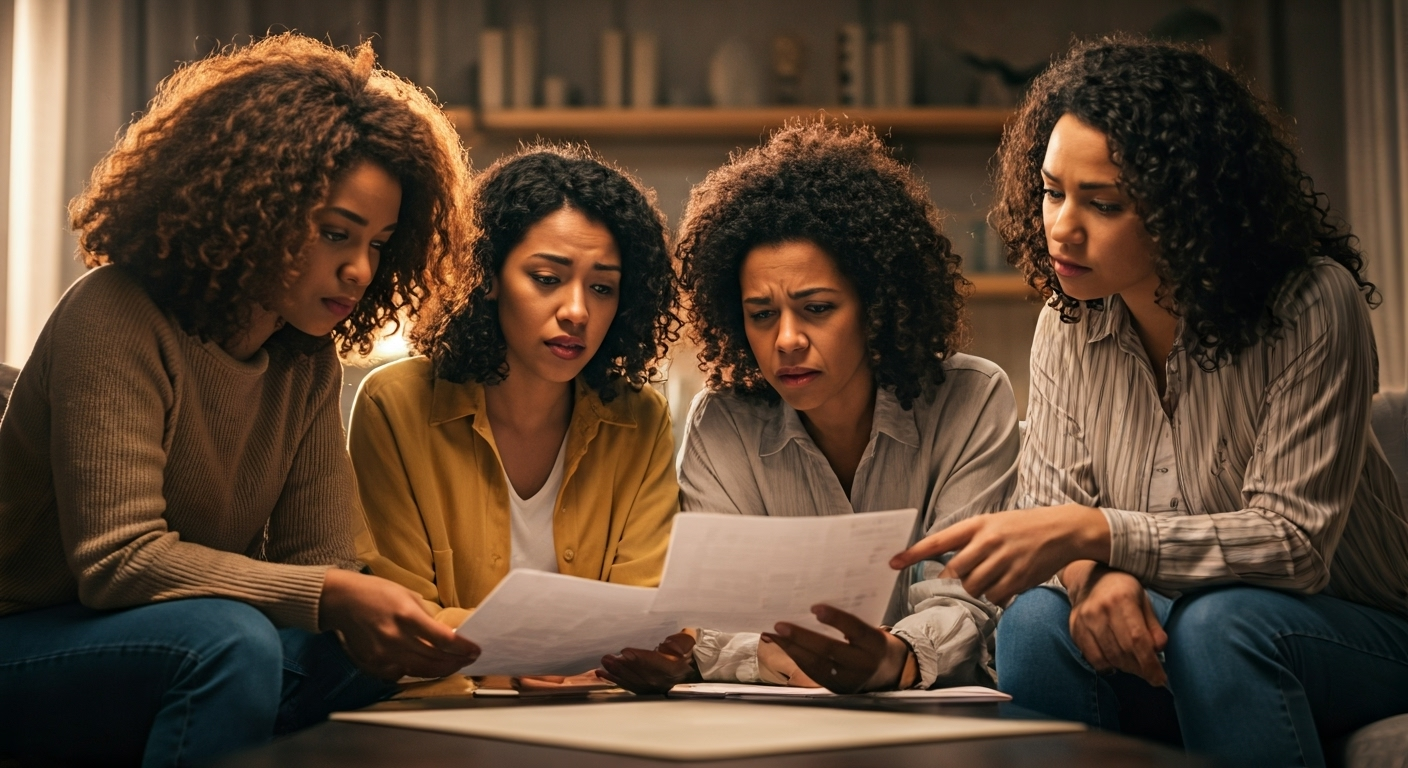 Qualifying for Chapter 7 bankruptcy in Washington is based on a few rules. You have to look at your income and expenses first. To qualify, people must pass the means test. This test looks at how your income compares to the median income in Washington for your household size.
Qualifying for Chapter 7 bankruptcy in Washington is based on a few rules. You have to look at your income and expenses first. To qualify, people must pass the means test. This test looks at how your income compares to the median income in Washington for your household size.
Filing, Trustee Appointment, and the 341 Meeting
When you start filing for Chapter 7 in Washington, an automatic stay begins right away. This keeps creditors from taking any new steps against you. After you file, the court will pick a trustee. This trustee looks over the income, property, and debts you list in your papers.
Everyone who files has to go to a 341 meeting. At this meeting, creditors can say what you owe them. You will need to show that what you put in your papers is true. This meeting is the main part of being open about what you owe in a bankruptcy case. Trustees usually ask for more documents, like proof of your income and what your stuff is worth. This is so they can check that everything you gave them is right.
If you take time to get your papers ready, this will help things move faster and go more easily for you in the Washington Chapter 7 bankruptcy process.
Timeline From Filing to Debt Discharge
When you start filing for Chapter 7 bankruptcy in Washington, the case usually ends in three to six months. During this time, an automatic stay is in place. It protects the debtor from things like wage garnishments, repossessions, and foreclosure.
Next, after filing, the debtor will go to what’s called the 341 meeting. Trustees check all the exemption claims at this stage. To get a discharge, you have to finish the debtor education course and let them check your finances. After all this, the process removes your legal duties with those old debts.
Bankruptcy attorneys are there to help you at every step. They help make sure you follow all timelines and do what is needed when filing. With help from them, you can have a smooth process and soon get a discharge. After everything, you can be free of debt and start building your new financial life.
Conclusion
Chapter 7 bankruptcy can help people in Washington State who have too much debt. It gives you a way to start over with your money and may let you keep the things you need most. To know if this choice is right for you in washington, it’s good to learn how the chapter 7 process works. You have to meet certain rules before you can start filing, and some types of debt can be erased, but not all. Each part of this process is key to getting your money back on track. If you want to think about filing for Chapter 7 bankruptcy, talk with someone who knows the process well. They can talk with you and show you what choices you have. Take the first step now—set up a free meeting with us and see the way we can help you.
Frequently Asked Questions
Will I lose my home or car if I file for Chapter 7 in Washington?
No, most people do not lose their homes or cars if the homestead exemption amount and the motor vehicle exemption are enough to cover the value. In Washington, it is good to talk with a trustee or a bankruptcy attorney. They can help you understand what the lender needs and what limits are on the exemption.
How long does a Chapter 7 bankruptcy stay on my credit report?
Chapter 7 bankruptcy will stay on your credit report for 10 years after the discharge. But people in Seattle and across Washington State do not have to wait that long to start over. With advice from bankruptcy attorneys in the state of Washington, you can begin to rebuild your credit right away using good and steady plans.
Can I keep credit cards or get new credit after bankruptcy?
When you get a discharge, you have to give up your current credit cards, but you can apply for new ones later. Bankruptcy clears away any money you owe to your unsecured creditors. This helps you start fresh and build your money situation again at a pace that matches your actual expenses. It makes your payments to creditors easier to handle from then on.
What happens to co-signers of my loans?
Co-signers still have to pay back debts, even if you get rid of your part through Chapter 7 bankruptcy. Lender agreements and creditor claims mean it is important to make payments, unless co-signers get help for themselves or set up payment plans.
Is Chapter 7 bankruptcy right for everyone?
It’s not the answer for everyone, but it can be a good choice if you feel stressed about having too much unsecured debt. If you have an initial consultation with skilled bankruptcy attorneys, they can help you see if Chapter 7 is the better option for you when looking at other ways to manage your money problems.
Call Now or FIll Out our form for A same-day response
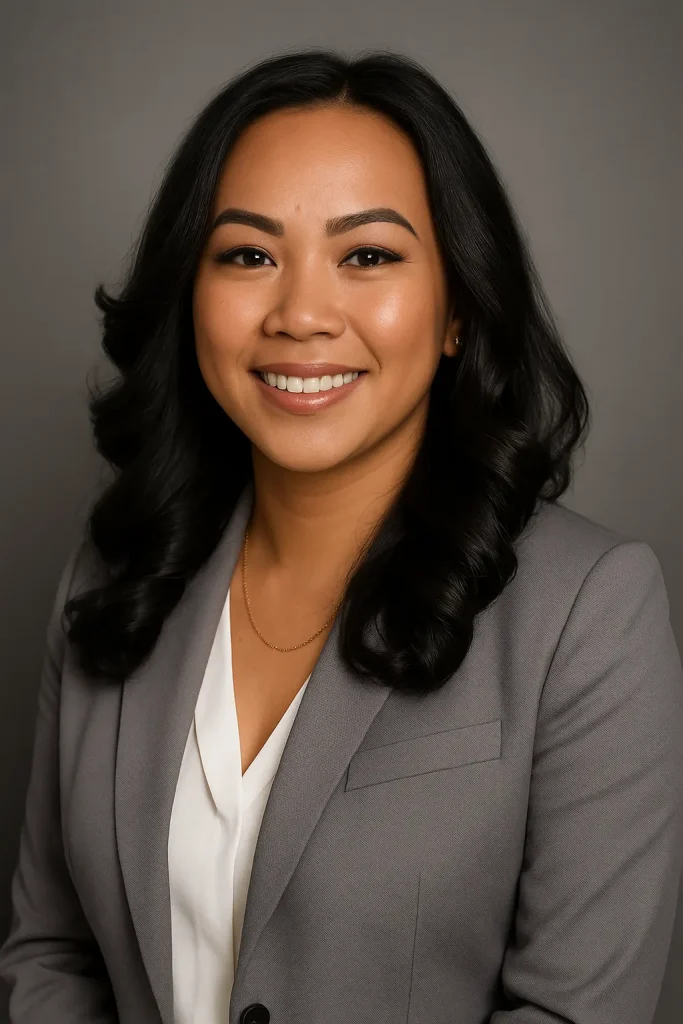
Cities We Serve in Washington State
Auburn
Bellevue
Bellingham
Everett
Federal Way
Kent
Kennewick
Kirkland
Lacey
Lakewood
Marysville
Olympia
Pasco
Redmond
Renton
Richland
Sammamish
Seattle
Shoreline
South Hill
Spokane
Spokane Valley
Tacoma
Vancouver
Yakima
